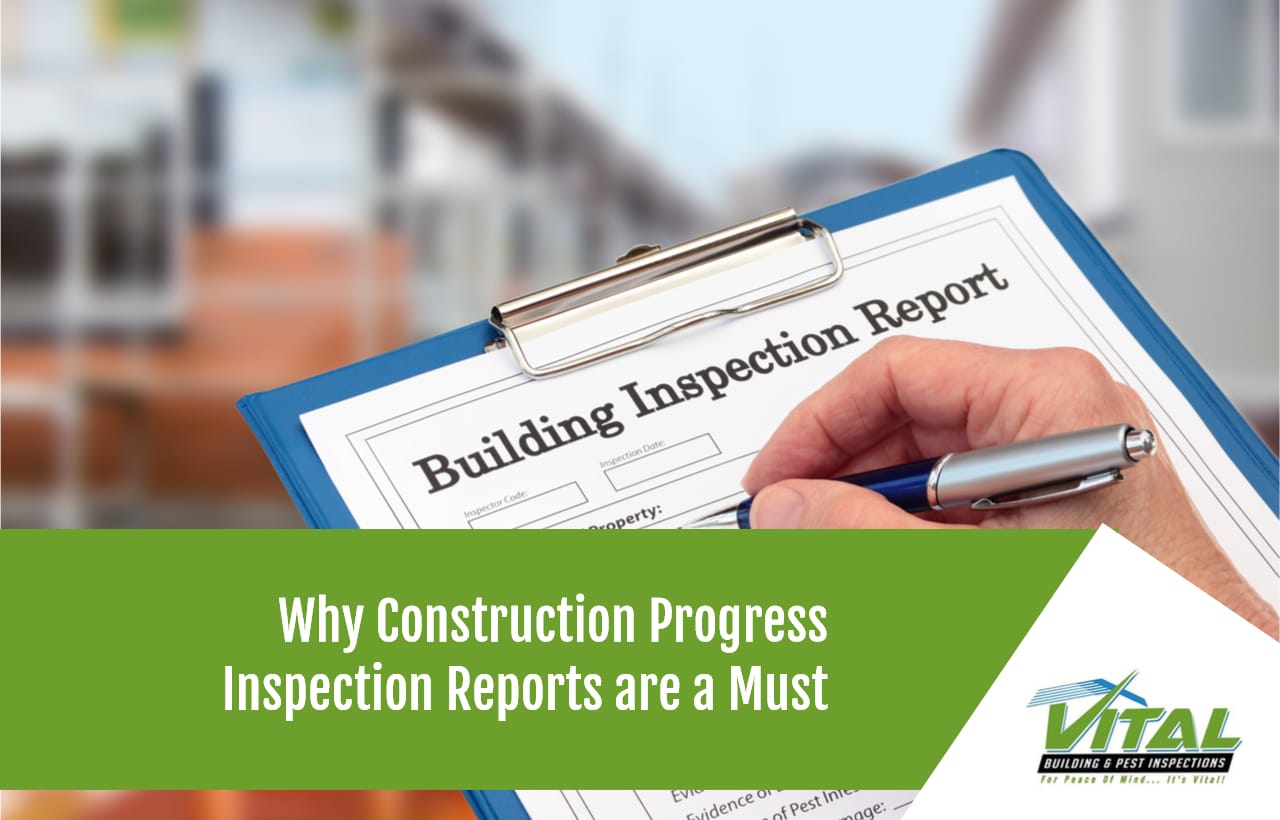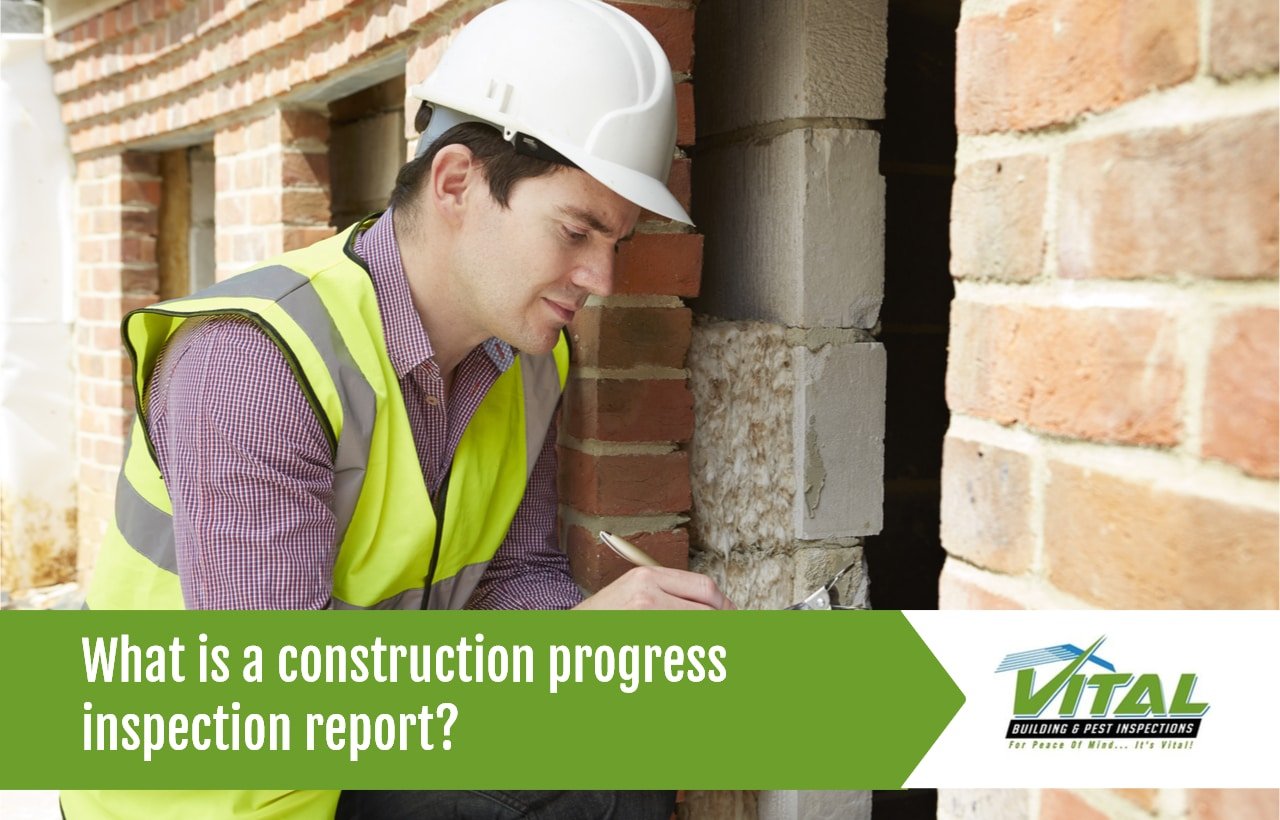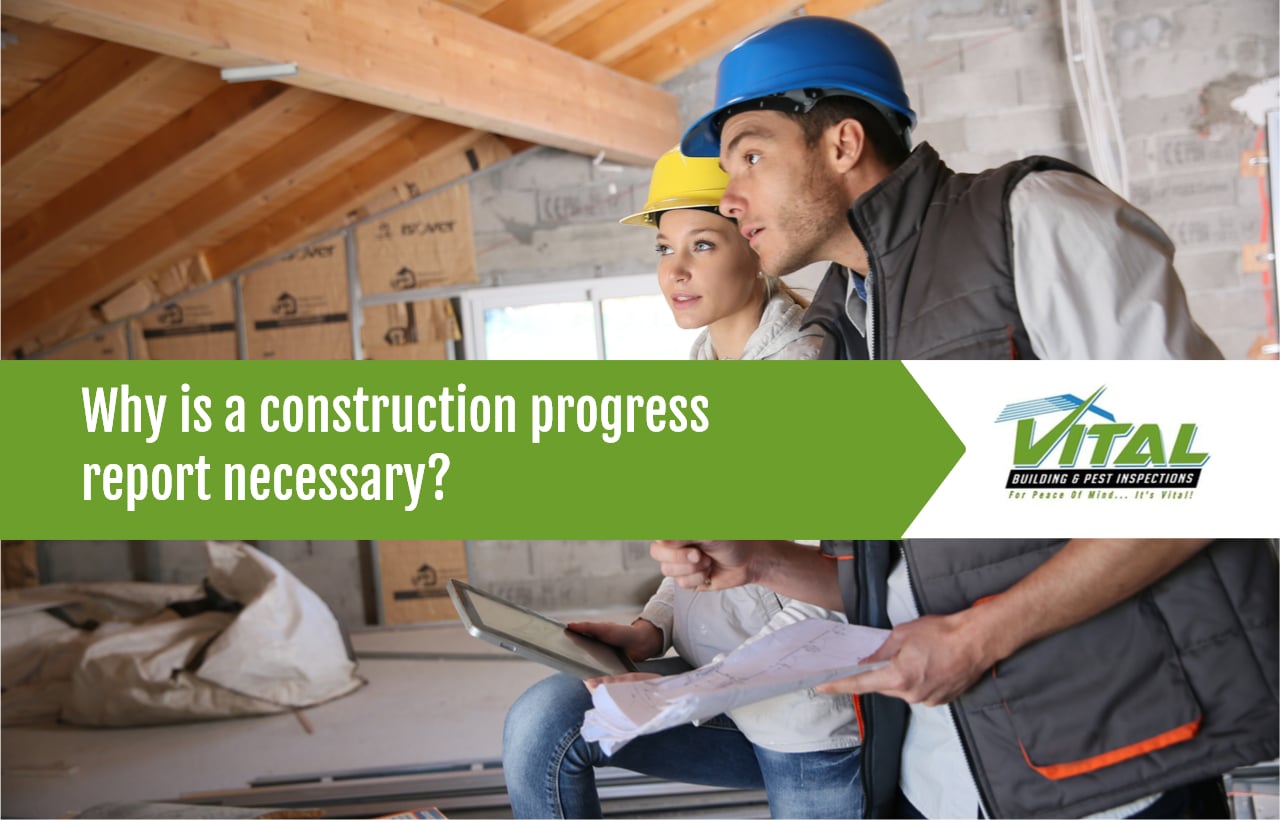A building is a significant investment, but it can be risky. Complications may appear during the construction process, and errors might be left unchecked. No matter how reputable a building contractor can be, letting a building project run without a means to monitor every stage is poor management. This is why property investors need to set aside a budget for a Construction Progress Inspection Report.
A construction progress inspection report can ensure that all the stages of construction are done correctly and in line with the relevant regulations. A construction progress inspection report can serve as the property investor’s set of eyes on an ongoing project and allow some degree of flexibility if the need to deviate from the construction plan arises.
What is a construction progress inspection report?
A Construction Progress Inspection is conducted by an independent third-party contractor during the various stages of construction. A certified inspector does a thorough check on each phase of development, ensuring that a home or commercial building is built as carefully as possible to the plans and specifications. A Construction Progress Inspection can help you monitor the quality of the materials used and the work standards of the labourers involved in the construction. It will also let you know if any relevant Australian standards and building codes are being disregarded.
A standard Construction Progress Inspection can have 5 to 6 stages depending on the property built. Each stage of the inspection usually includes the following:
- An assessment of the prepared site, ensuring that the footings and steel reinforcements are in place before pouring the concrete foundations.
- An inspection of the wall and roof framing, support posts, beams, and floor joints.
- An inspection of the rough framing, electrical wiring, ductwork, and pipe drainage installations. Any internal systems such as linings and waterproofing are tested for durability and functionality.
- An inspection of the exterior installations such as roof coverings, door frames, architraves, and wall linings.
- Final inspection to tie up all the loose ends before the home or building is handed over.
At every stage of the construction, the inspector will prepare a construction progress inspection report. This may consist of written and photo documentation of the construction methods, problems encountered, conversations with the building supervisor and labourers, and a chronicle of the daily activities on the site. The paper documentation can indicate whether the work is being done according to the required specifications and under the existing regulations.
The reports can also include other details such as weather conditions, purchase orders and other applicable documents that can be useful in the project’s record-keeping. They can also confirm that everything on the work site runs correctly through documentation of start-up and acceptance tests, including pass or fail statuses and recommendations from the inspector on how to improve the results.
The construction progress inspection report acts as evidence that proper tests were carried out to ensure the structural integrity of a building, with the inspector acting as a witness. It also certifies that everything during the building process was done in accordance with regulations and building codes. This may be helpful if mishaps or accidents happen due to structural failure.
Why is a construction progress report necessary?
Hiring a contractor to have a home or a property built, can mean being left at the mercy of their decisions and processes in terms of quality and compliance. Once a building is built, most of the errors that could have been prevented are no longer visible for inspection. Everything might look good and solid on the outside, but mistakes in measurements, incomplete builds, and mismanaged or poor materials would have been covered already and unviewable. Such mistakes could cause potential safety hazards and degradation in the future. Worse, they can even create a financial burden on the property owner who must correct the errors.
Hiring a third-party inspector to conduct a progress report will ensure that the home or property is inspected through all the stages of construction and any defects can be corrected before completion. A certified inspector can also provide an objective and expert opinion on the ongoing building process, helping you make decisions to either stick with or change the plan to achieve quality and efficiency.
Doing inspections at various stages of the construction, rather than doing just one at the end, means every area of the property has been checked. Certified inspectors know what and where to look to spot mistakes and ensure that construction is going as planned. Their job is to effectively communicate the progress of the project, through reporting their findings in an inspection report, which can be presented to the involved stakeholders.
Progress inspections also act as a safety net for the property owner since the quality checks can be done before the progress payments are sent to the builder.
Prevention is always better than cure. Contact your Sydney building inspector today.
At Vital Building Inspections Sydney, our mission is to help you fulfil your dreams of a cosy home you can call your own or an office building earning good income. We aim to make sure that you get your money’s worth in the property constructions that you invest in and ensure the safety and strength of the infrastructure you build your dreams on. Get in touch with us today to know more about our building inspection and pest inspection services.








